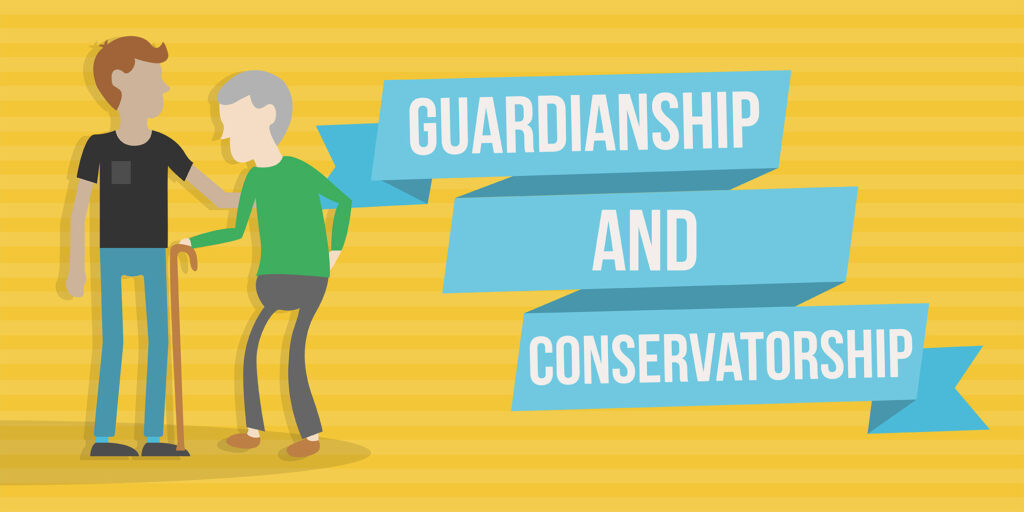Just as different states have different laws and use different legal terms in estate planning, each state has their own laws and terms about guardianship and conservatorship, explains a recent article from Real Simple, “Everything You Need to Know About Guardianship, Conservatorship, and Legal Dependents.”
Guardianship and Conservatorship mean different things in different states, but both refer to legal proceedings used to make one person, guardian or conservator, responsible and in charge of another person, often known as a ward. In some states, guardianship concerns a ward who is a minor and conservatorship concerns a ward who is an adult. Your estate planning attorney will be able to clarify the rules of your state.
In general, guardianship is not something we like to think about. Who wants to consider two parents dying and leaving a child or children utterly alone? However, if you have children, you must protect them, and you do so by naming a guardian in your will. In this way, your children will be raised by someone you know and trust.
If no guardian is named, the court names a person to raise your children, and there are no requirements for the court to pick a family member.
Guardianship can be contested. People who want to become guardians of children may file a petition in court to become the child’s legal guardian. However, it is easier for all concerned when parents do this in their will or other means allowed by state law.
Conservatorship of an adult is necessary when an adult becomes incapacitated and cannot make informed decisions about medical care, financial or legal matters, or manage daily living. This may occur because of an accident, illness, stroke, or having a mental illness or disability.
An estate planning or elder law attorney files papers with the court to attain the status of conservatorship. Only a court may grant conservatorship after hearing evidence that an adult lacks mental capacity and needs this level of help.
If someone has filed for conservatorship for you, you have the right to retain an attorney and object to the petition or take action to select a different person to act as your conservator.
We also hear the term “legal dependent” used for a few different situations. A legal dependent is a qualifying child or relative who is claimed by a taxpayer on their taxes. They must be under 19 or under 24 if a full-time student. Someone who is legally deemed permanently disabled may be a legal dependent regardless of their age and they don’t have to live with you to qualify. Let’s say you have a parent who has little, or no income and you provide them with more than half (50%) of their total support. You may claim them as a dependent on your taxes.
There are many different situations and rules for guardianship, conservatorship and legal dependents. Meet with a local estate planning attorney to navigate these complex matters correctly, so you may focus on caring for loved ones.
Reference: Real Simple (Sep. 20, 2021) “Everything You Need to Know About Guardianship, Conservatorship, and Legal Dependents”




